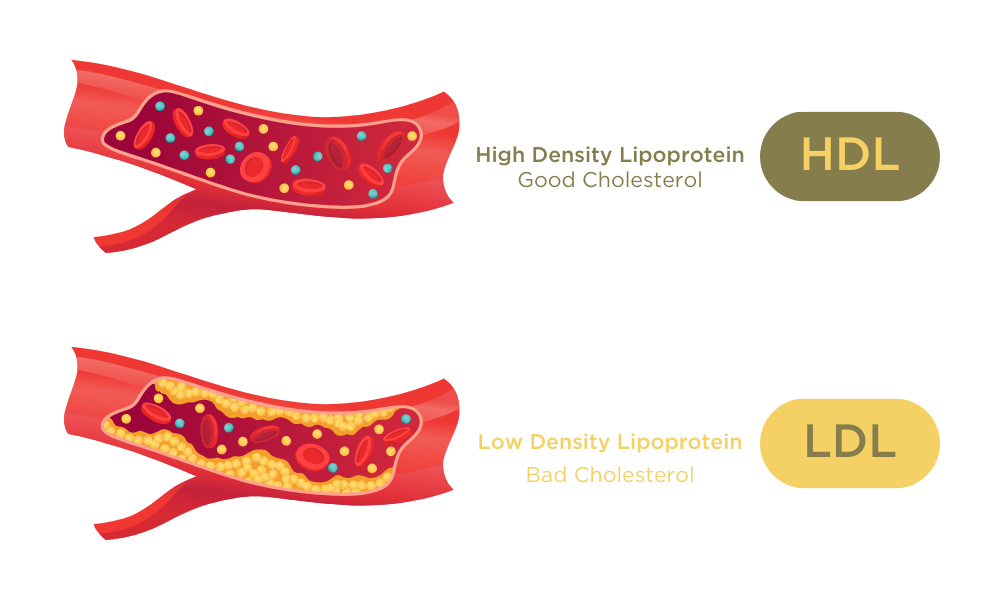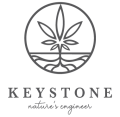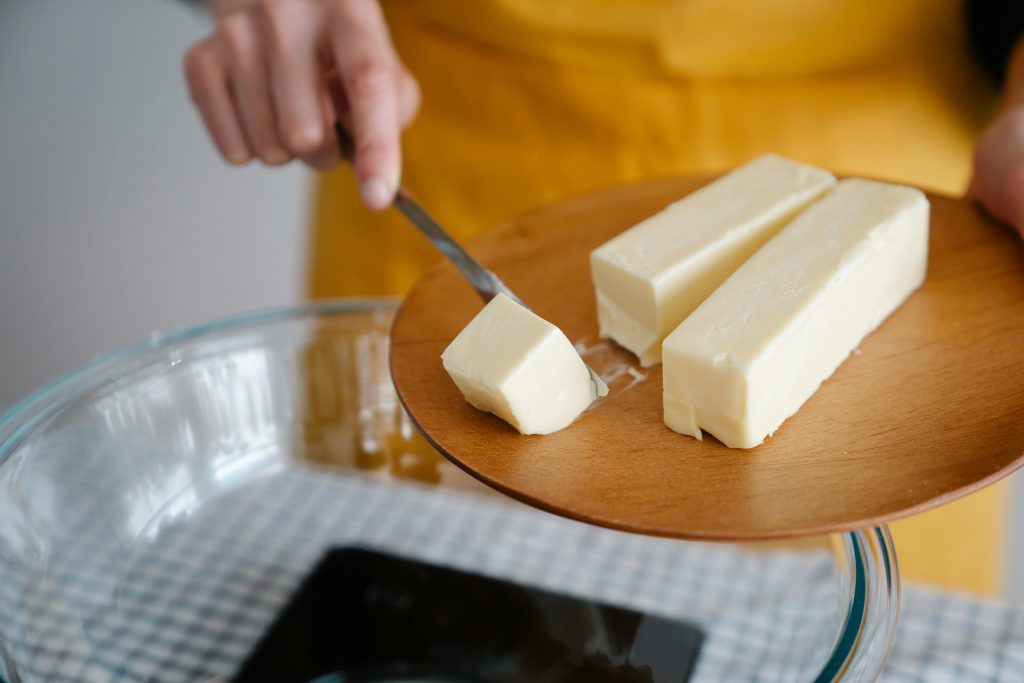Cholesterol often gets a bad reputation, but the truth is, it’s a vital component of our body’s functioning. While high cholesterol levels can be a risk factor for heart disease, it’s essential to understand the different types of cholesterol, their roles in the body, and how diet, lifestyle, and medications impact them.
Diet and Cholesterol
The foods we eat have a direct impact on cholesterol levels. Diets high in saturated fats, trans fats, and processed sugars can increase low-density lipoprotein (LDL), often referred to as “bad” cholesterol. On the other hand, a diet rich in fiber, healthy fats (such as those from avocados, nuts, and olive oil), and lean proteins can help boost high-density lipoprotein (HDL), known as “good” cholesterol.
Foods that raise LDL cholesterol:
- Fried foods and fast food
- Processed meats (bacon, sausage, deli meats)
- Full-fat dairy products
- Baked goods made with hydrogenated oils
Foods that improve HDL cholesterol and overall cholesterol balance:
- Fatty fish (salmon, sardines, mackerel)
- Nuts and seeds (almonds, walnuts, flaxseeds)
- High-fiber foods (oats, beans, fruits, and vegetables)
- Healthy oils (olive oil, avocado oil)
HDL vs. LDL Cholesterol
Not all cholesterol is bad. The body requires cholesterol to build cells, produce hormones, and create vitamin D. However, different types of cholesterol have different impacts on health.
- LDL (Low-Density Lipoprotein): This is known as “bad” cholesterol because it can accumulate in the walls of arteries, leading to plaque buildup and increasing the risk of heart disease and stroke.
- HDL (High-Density Lipoprotein): Considered the “good” cholesterol, HDL helps remove excess cholesterol from the bloodstream and transport it to the liver for excretion. Higher levels of HDL are associated with a lower risk of cardiovascular disease.

Gallbladder Function and Bile Production
Cholesterol plays a crucial role in bile production, which is necessary for digesting fats. The liver produces bile, which is stored in the gallbladder and released into the small intestine to help break down dietary fats.
Bile is composed of bile salts, cholesterol, phospholipids, and water. HDL cholesterol provides the building blocks for bile production, ensuring proper fat digestion. However, when LDL cholesterol levels are too high, it can lead to an imbalance in bile composition, causing gallstones to form. Gallstones can obstruct bile flow, leading to pain, nausea, and poor fat digestion.
Thus, when cholesterol levels become imbalanced, the gallbladder may not function properly, leading to bile that is too thick or sluggish. A diet rich in fiber and healthy fats can help maintain proper bile flow and gallbladder function.
Cholesterol’s Role in Vitamin D Production
Cholesterol is a precursor to vitamin D. When UVB rays from sunlight hit the skin, they convert a form of cholesterol (7-dehydrocholesterol) into vitamin D3, which the liver and kidneys further process into active vitamin D.
Without sufficient cholesterol, vitamin D production can be impaired, leading to deficiencies that impact bone health, immune function, and overall well-being. This is one of the reasons why completely eliminating cholesterol from the diet can be harmful.
Why You Need Cholesterol
Despite its negative reputation, cholesterol is essential for:
- Cell membrane structure: Cholesterol helps maintain cell integrity and fluidity.
- Hormone production: It’s a building block for estrogen, testosterone, and cortisol.
- Brain function: The brain is rich in cholesterol, which supports nerve signaling and cognitive health.
- Digestion: As mentioned earlier, cholesterol is a key component of bile, necessary for fat digestion.
Statins and Their Side Effects
Statins are commonly prescribed to lower cholesterol levels, but they come with potential side effects. While they can be effective in reducing LDL cholesterol, they may also lead to muscle pain, weakness, fatigue, and even liver dysfunction in some cases.
Some individuals experience statin-induced myopathy, a condition characterized by muscle pain and weakness. This occurs because statins inhibit the production of coenzyme Q10 (CoQ10), a nutrient essential for muscle function.
Product Recommendations
- Supplementing with 3 to 9 Omega 3 (1000mg) daily can greatly increase your HDL cholesterol, effectively lowering your bad cholesterol.
- Taking Moringa and Oxygenated olive oil can further improve your good cholesterol and reduce bad cholesterol.
- If you suspect that you have poor fat digestion or had a gall bladder removal, take Gut Health to assist with proper digestion.
Final Thoughts
Cholesterol is not the enemy—it’s an essential part of our health. While high LDL cholesterol levels can be harmful, maintaining a balance between HDL and LDL is key. Diet, lifestyle choices, and proper medical guidance can help regulate cholesterol naturally without over-reliance on medications that may cause side effects.
Understanding cholesterol’s full role in the body allows for a more informed approach to heart health and overall wellness.

